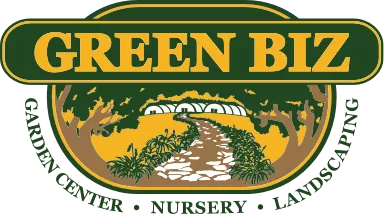By: Charlie Allen
Centipede decline is a term commonly used to describe several diseases that can affect your centipede lawn. Caring for you lawn properly can improve the chances that your lawn will remain unaffected.
Several of the diseases that can affect centipede are:
- Dollar spot – Usually occurs in the summer with brown spots 2-4 inches in size
- Large patch – Occurs in wet weather or over watering during spring, fall and summer. Large areas of yellowing then browning occur with this disease.
- Fairy rings – Symptoms include large cirucular dead spots and/or green spots 3-20 feet in diameter. Symptoms can continue for several years. Mushrooms have often been seen on the outsides of the affected areas.
- Nematodes – Can cause very serious damage to centipede in sandy areas. Allowing the centipede to become dry can often increase the speed of the decline.
- Ground pearls – Are small scales that attack root systems of centipede. Decline is similar to fairy rings. There is no known control for this disease. Planting Bermuda or Bahia is generally the only option, besides removing the affected soil.
There are several other factors that can affect the growth and decline of centipede. Proper fertilization and watering go a long way when attempting to keep a centipede lawn healthy and thriving.
Several cultural practices can also affect centipede are:
- Improper fertilization – Over fertilizing can cause damage to centipede in several ways. It is import to follow the recommendations or hire a professional to handle your fertilization needs.
- Mowing – Allowing your centipede to grow to the proper height is important. Scalping centipede leaves it more susceptible to disease. Also, not allowing the thatch level to become too high is important. Having excessive thatch will allow some of the disease described above to flourish. 1-1.5″ is the optimum height for centipede after mowing.
- Irrigating – Centipede is not very drought tolerant. It is important that it receives regular precipitation for optimum health. Evening watering is not recommended as is creates the optimum environment for disease growth.
- Herbicides – Certain types of herbicides should not be applied to Centipede, or should only be applied at specific times. It is import to follow the label when applying any chemical to your lawn. It is preferable that you consult with a professional to assist you in chemical applications.
Centipede can be a wonderful lawn for your yard if properly cared for. Often times over diligent care can also cause problems. Remember, if some is good, more is often NOT better.
If you are having problems with your centipede lawn, I would suggest contacting a lawn spray company. Master Green Horticultural Services deals specifically with southern types of warm season grasses such as Centipede. Contact them with any questions. (910) 485-8873
